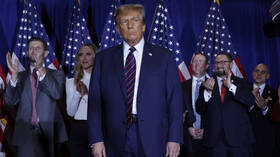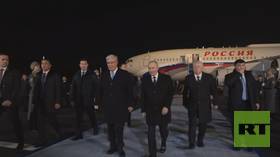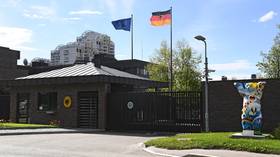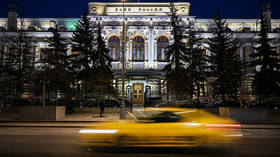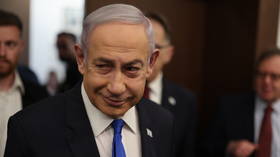BRIC’s look for more diversity in reserve currencies
The worlds major emerging economies – the BRIC nations – are looking at buying each others bonds, and a greater IMF role, to minimize reliance on the U.S. dollar in their talks in Ekaterinburg.
Financiers invented the term BRIC’s, when they were eager to invest in the leading emerging markets. Brazil, Russia, India and China have taken over the name – joining in Yekaterinburg to confront the failures of the global financial system.
After the near seizure of global finances in 2008, they want a greater say in how things are run – and a greater diversity of reserve currencies, according to Russian president Dmitry Medvedev.
“The current range of reserve currencies, and the main one – the U.S. dollar – are not exercising their functions. The emergence of a new currency is a slow process. At the same time my colleagues and I have voiced the need for an additional reserve currency.”
The BRIC countries hold trillions of dollars in foreign currency reserves – so they would suffer if the dollar falls. One option is boost the role of their currencies. The International Monetary Fund’s Special Drawing Rights are currently based on the dollar, euro, yen and pound. Russian Presidential aide, Arkady Dvorkovich, believes they should also represent the rouble, yuan and gold.
“I believe that changes, potential changes, in the structure of SDR, and also gold, may play an important role, may serve an important function, in the development of international financial monetary system.”
But only the countries which run the IMF can change the structure of SDRs – and BRIC countries have fewer votes. The IMF needs more money and is raising hundreds of Billions of dollars from member countries, so Russia's proposal is well timed. But even if the Rouble is included in the SDR basket, it will gain psychological rather than economic weight, according to Elina Ribakova, Chief Economist at Citibank.
“The BRIC countries, using each others currencies for trade, will have a much more direct contribution to Russian Rouble gaining bigger importance as a reserve currency, rather than just going for the change of composition of SDRs. An SDR change will be mostly symbolic, while transfer of trade into Rouble or Yuan for example, will have a direct impact in terms of demand for Rouble or Yuan.”
The volume of Russia’s trade with China alone reached thirteen and a half billion dollars in the first five months of 2009.


